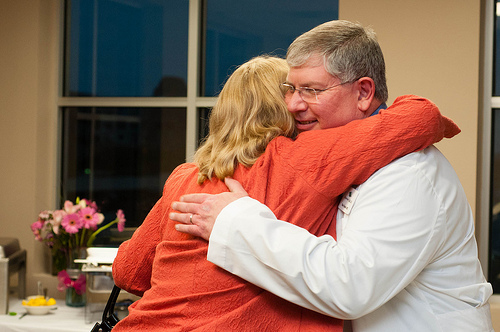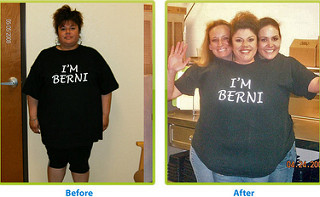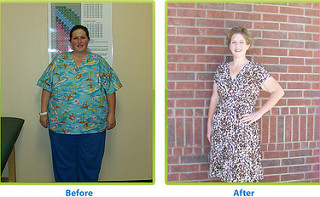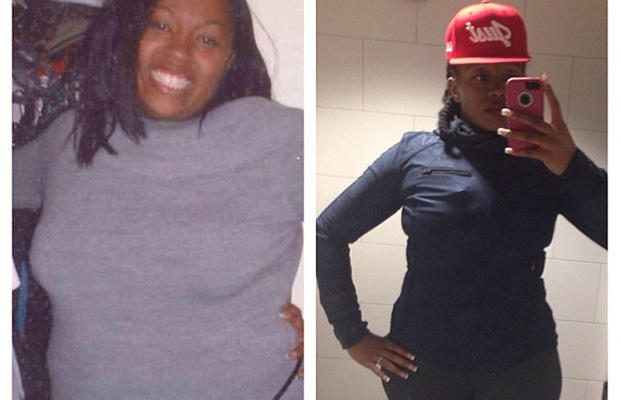The survey of just over 1,000 adults found that the average self-reported weight for men rose 16 pounds between 1990 and 2011, from 180 to 196. For women, the figure rose 18 pounds, from 142 to 160, over the same time period. That coincided with a similar rise in “ideal weight.” In 1990, men wished they weighed 171 pounds; now, that figure is 181. Women are aiming to be 138 pounds now, versus 129 in 1990.
What’s changing? It could be our sense of what’s considered a normal weight, given that two-thirds of Americans are considered either overweight or obese. A number of studies over the past few years have found that people who are classified by physicians as overweight or obese (meaning a body mass index of over 25) don’t consider themselves to be too heavy. A separate study of college-age women also found that overweight or obese women had heavier ideal weights than normal-weight women.
Misperceptions of your current weight, and what a healthy weight is, could be keeping you fat, a 2009 study from Chicago’s Rush University found. The researchers for that study noted that obese women who inaccurately thought of themselves as normal weight lost less weight annually than obese women who accurately perceived themselves as obese. Obese women whose ideal body size was overweight—in other words, neither slim nor obese—gained less weight annually than those whose ideal body size was a normal weight.
“Self-perception seems to be very important to weight maintenance,” says Elizabeth Lynch, PhD, lead author of the Rush University study. Size denial creates further weight problems because people in denial aren’t able to start setting appropriate goals to change their behavior. How can you fix “size denial”? Here are Lynch’s tips:
• Know your body. ”One simple way to develop an accurate self-perception is to know what your body weight should be,” says Lynch, “what normal weight for someone your age and height looks like.” No clue? Make an appointment with your doctor, and ask him or her for help in determining the ideal body size for you. Lynch also mentions that organizations like Weight Watchers are great for this.
• Know what’s normal. In her study, Lynch mentions the idea that obesity may be socially contagious. “I think the reason obesity may be ‘contagious’ is because people develop expectations for what’s normal based on the people with whom they spend time,” she says. “So if your friends normally eat a piece of cake with their coffee when they go to Starbucks, it will be hard for you not to do so—because that’s your normal.” Antidote: Surround yourself as much as possible with people who eat healthfully and exercise regularly, so that their body sizes and their behaviors are what you come to perceive as “healthy” and “normal.” No, you don’t have to ditch friends whose habits are less than healthy. But hang out with your healthier friends and acquaintances—then maybe you can influence your less health-conscious pals with some healthy habits and new size perceptions that can, in time, become more normal for them, too.
• Balance realistic self-perception with realistic weight-loss goals. Lynch’s study also showed that obese women whose ideal body weight was unrealistically thin had a more difficult time maintaining weight than obese women who had less dramatic weight goals. The take-home: Be realistic. Set achievable goals. Don’t set yourself up for failure by expecting to diet your way to a supermodel’s silhouette.




